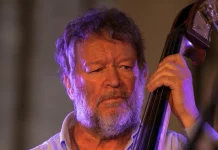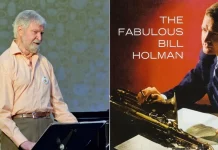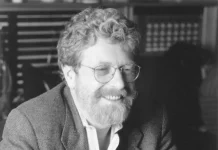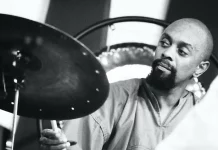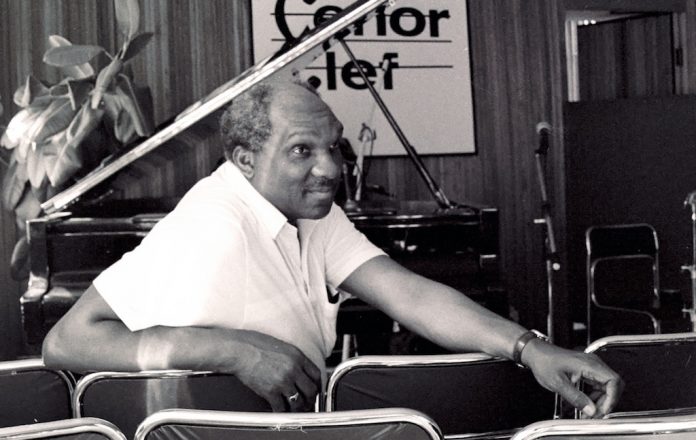
Greatly admired and much in demand by his contemporaries, the pianist Harold Mabern was a witty, affable and articulate individual. On a memorable evening in the late 80s or early 90s, I saw and heard him playing with the Joe Newman Quintet (with Bob Cranshaw, Ted Dunbar and Bill English) at the Cafe Galleria in Brooklyn. At the end of the first set, my (Caucasian) companion flaunting his imaginary hip credentials, approached the pianist and said: “Man that was really BAD!” Keeping a straight face, Mabern (who was then also teaching music at William Paterson University in New Jersey) replied primly “Oh! I thought we were rather good”. They were.
‘I got my knowledge from the university of the streets. You don’t have to go to school to learn how to play this music’
A self-taught pianist, Mabern was influenced by fellow Memphis musicians Charles Thomas and Phineas Newborn, and later by Ahmad Jamal. He also came to admire Wynton Kelly and Bobby Timmons. After gigs in his home town – mainly playing R&B although wanting to play bebop – he also backed tenorists Johnny Griffin and Gene Ammons. Mabern then went to Chicago, where financial difficulties prevented him from completing his studies at a music school. But as he observed: “I got my knowledge from the university of the streets. You don’t have to go to school to learn how to play this music”.
In 1959 he moved to New York City where his first employer was Harry “Sweets” Edison who was looking for a pianist to replace Tommy Flanagan. From the 60s onward his career took off. He appeared as a sideman – on record and on tours – with such major artists as Lionel Hampton, Donald Byrd, Roy Haynes, Miles Davis, Sonny Rollins, Stanley Turrentine, Milt Jackson, Roland Kirk, J.J. Johnson, Wes Montgomery, Hank Mobley, George Coleman, Frank Foster and Sarah Vaughan.
His first album as leader was A Few Miles From Memphis (1968), with fellow Memphian George Coleman, the first of 31 albums – most of which were made during his resurgence after 1990. His most significant studio session was Straight Street (1989), with Ron Carter and Jack De Johnette. Surprisingly, Mabern found his most appreciative audiences and listeners were in Japan, which he visited 27 times, and also signed to the Japanese record label Venus. He liked to say that “in Japan they’ve got money for two things: tall buildings and jazz”. Throughout his career Mabern recorded prolifically, but many of his albums are currently out of print or (inordinately) expensive.
Mabern fully deserves the reputation as a major post-bop innovator. His piano style has been described as notably”aggressive, very positive with crashing out chords that drop like pile drivers”. Critic Gary Giddins succinctly characterised his eclectic style as embracing “blues glisses, tremolos and dissonant block chords” and McCoy Tyner’s “clustering modality with rippling asides that stem from Art Tatum”. Asked if, in his 79th year, he might be considering slowing down because of tiredness, Mabern replied: “The only time I get tired is when I’m not playing. I’m blessed”. His final album The Iron Man: Live At Smoke (Smoke Sessions) was released last year, and featured Eric Alexander (tenor), John Webber (bass) and Joe Farnsworth (drums).
His long-time friend John Bass said that Mabern epitomized the Memphis jazz tradition, and concluded: “I’ll never forget seeing grand pianos literally shake under his fingers, or his laugh and I’ll miss him”.
Pianist, composer and educator “Big Hands” Harold Mabern was born in Memphis, 20 March 1936, and died in New Jersey, 17 September.

